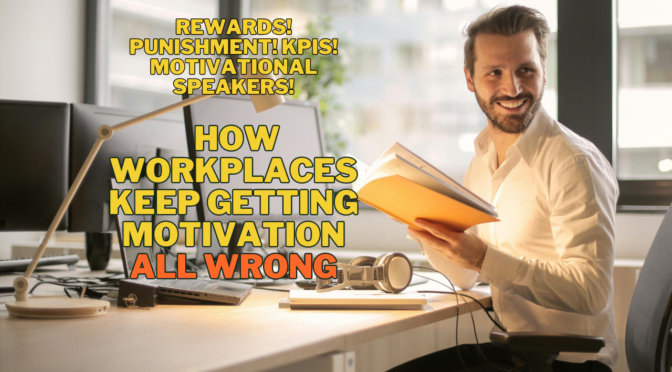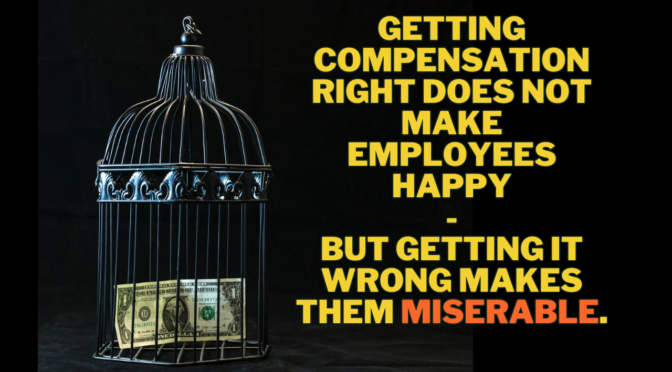I posted an Oliver Wendell Holmes quote a while ago:
I would not give a fig for the simplicity this side of complexity, but I would give my life for for the simplicity on the other side of complexity.
Sandy Wilder of Communico used this quote in his presentation at the CEO round table, and that got me thinking. I’d say that the first simplicity comes from thinking you understand any given system. Yep, we’ve got it figured – we know how the system will react in most situations, and we can manage that.
The complexity comes when you realize, that you don’t understand the system. An example: You give you salesforce bonuses to make them sell more. It works for a while, but suddenly sales drop. More bonuses help, but not as much as the first time. What’s going on? Apparently the system is more complex than we thought. The specific reasons, why additional bonuses don’t make much of an impact can vary. Maybe the first round of bonuses motivated the sales people to close a lot of easy sales, and now there are only the “hard” cases left. Maybt it has fostered strong internal competition, so they actually undercut each others work to get the bonus. The point is, that the system was apparently more complicated than we thought – and in truth, most systems are.
The “simplicity on the other side of complexity” does not come, however, from understanding the system. Most systems in a business setting are so complex, that we won’t ever be able to predict them. Trying to understand the system is, in all probability, ultimately futile.
However, trying to develop your values and principles, so that they align with your goals is certainly a worthwhile pursuit. And that is the simplicity on the other side of complexity. That simplicity comes from knowing yourself and your values, and living by them. It comes from the belief or faith that, as long as we work in the right way and stick to our principles, it will turn out right. And that’s a crucial distinction.





